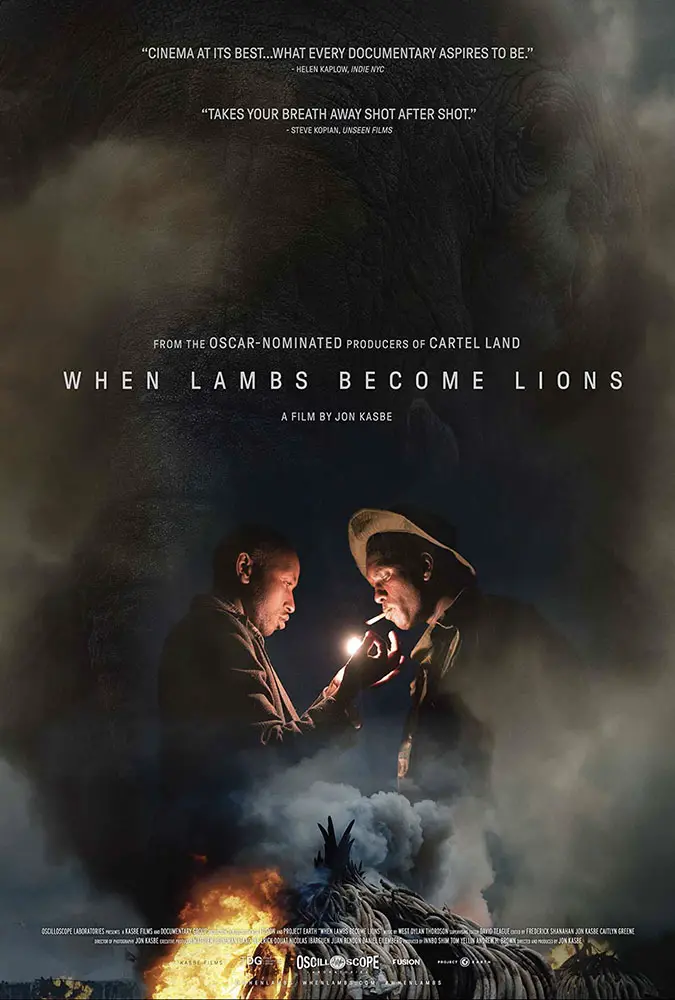
That world, as you quickly come to see, is much more complex and fascinating than you might have initially thought. On the one hand, if Kasbe had been tasked with making a Hollywood blockbuster, he probably would have portrayed Asan as a heroic, morally unimpeachable savior of the environment. Far from satisfying our desire to have a “hero we can root for,” however, Asan turns out to be an underpaid government employee who, for the sake of money, has no choice but to make a business deal with X.

“…the world of the film is much more complex and fascinating than you might have initially thought.”
A similar kind of nuance characterizes Kasbe’s portrayal of X. Since they kill elephants for money, it’s tempting to think of poachers as callous sadists. Yet X turns out to be remarkably relatable. Instead of slaughtering elephants with his own hands, he delegates that responsibility to an associate because he finds killing “difficult.” Moreover, as X suggests early in the film, the main reason he poaches is that he needs money to raise his son – and in the town where the two of them live, poaching is the easiest way to make money fast.
Ultimately, watching this film leaves you feeling a mixture of helplessness and despair. Asan and X live in a system that forces them to prioritize survival over morality – and at the end of the day, it’s the elephants who end up paying the price for that sacrifice. When Lambs Become Lions isn’t primarily interested in advancing sociopolitical commentary, but the film leaves you with the distinct impression that, for all the good intentions involved, calls to eradicate poaching will go nowhere if people stick to simplistic moralizing and never actually try to understand why poachers do what they do.

"…shed the feeling of inauthenticity that dogs quite a few documentaries."
